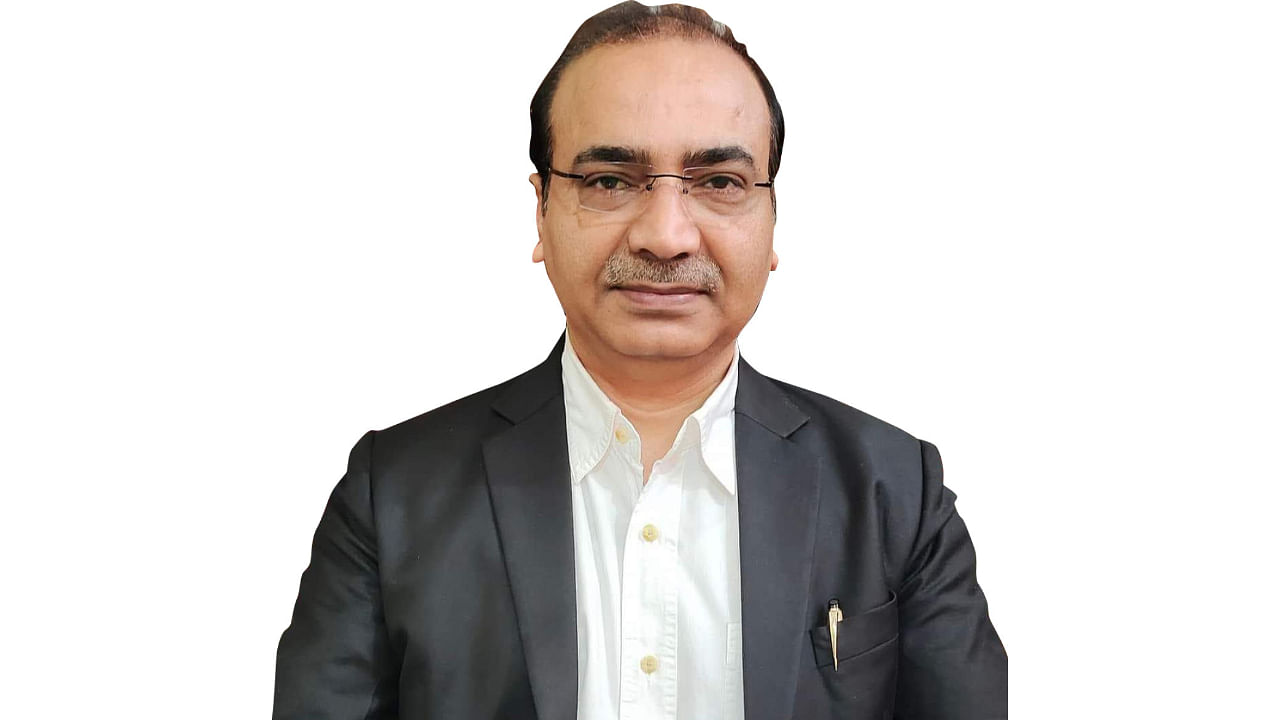
A few months ago, Prime Minister Narendra Modi raked up the issue of freebies in the country and termed the practice “dangerous”. The trigger for this, it is said, was a PIL that was filed in the Supreme Court seeking a ban on unrealistic promises being made by political parties.
Going by the amount of noise that it generated, it must have gladdened the heart of Ashwini Kumar Upadhyay, the man behind the PIL.
There are PIL filers and then there is Upadhyay. With over 150 PILs (125 in the Supreme Court and 25 in Delhi High Court) to his name, Upadhyay is referred to as the ‘PIL Man of India’; the judicial tool being his weapon of choice to battle sundry problems dogging the nation.
Among the PILs filed by the indefatigable Upadhyay are pleas seeking expeditious disposal of criminal cases against politicians, ban on freebies and against the Places of Worship Act.
So prolific is Upadhyay that the then CJI N V Ramana in jest remarked that the SC has to set up a special bench to only deal with his petitions.
Born and brought up in Phulpur in the erstwhile Allahabad (now Prayagraj) district of Uttar Pradesh, Upadhyay spent his early days playing and studying around mango trees.
His grandfather was a ‘gram sevak’, a village development officer under the British government, and his father a school teacher.
As a young man, Upadhyay was fired up by the achievements of RSS ideologue Deen Dayal Upadhyay, Jan Sangh founder Syama Prasad Mukherji and the country’s first law minister Dr B R Ambedkar.
After securing a degree in electrical engineering, Upadhyay worked in LML Limited, Hero Motors Limited and Maruti Udyog Ltd. But these jobs left him unsatisfied; he longed to do something for the country.
In 2002, Upadhyay acquired his law degree by taking a break from work, an important milestone that would open up the legal world in which he now roams.
When his wife got a job as a schoolteacher in Ghaziabad two years later, Upadhyay left his for good and embraced social work to pursue his dreams.
He started working on the Right to Information and decentralisation of governance with Arvind Kejriwal and Manish Sisodia, two men who have gone on to achieve bigger things in politics. Then came Anna Hazare’s agitation against corruption in 2011, a pivotal moment in his life.
Upadhyay eventually joined the movement, grew even closer to Kejriwal and became one of the founding members of the Aam Aadmi Party. But this bonhomie didn’t last.
Differences with Kejriwal over his “Muslim appeasement” forced Upadhyaya to part ways in 2014 and join the BJP as its Delhi unit spokesman.
Initially, he thought of focusing only on his legal practice but decided to remain in “politics” as he claimed, “it served as a means for serving his causes”.
Upadhyay says the BJP is a nationalist party, which does not hide its agenda, and that is why he found it most suited to him.
But at times, Upadhyay, by his numerous PILs, made life a little difficult for the Union government led by his own party. Once then CJI T S Thakur rebuked him for coming up with all sorts of PILs instead of pursuing the causes with his own government.
In August 2021, Upadhyay landed in trouble after he was accused of hate speech and arrested by Delhi police on the basis of a viral video (though he was not seen in the video), containing incendiary slogans against Muslims in a programme attended by him at Jantar Mantar.
Upadhyay said he never met “the miscreants” who gathered in the evening to raise the slogans.
A number of senior advocates, including Supreme Court Bar Association President Vikas Singh, senior advocates Sidharth Luthra and Gopal Sankaranarayanan, came down to the trial court to argue his bail plea. “It is testimony to the honest intent of Upadhyay in raising his voice for genuine causes,” said an advocate associated with him.
The causes that he champions through his petitions have earned him both friends and detractors in equal measure.
Jamiat Ulama-I-Hind and the All India Muslim Personal Law Board accused him of working for the saffron party’s agenda through courts.
But they have also led to changes.
For example, his PIL seeking expeditious disposal of criminal cases against politicians has resulted in the setting up of special courts and speedy trial and convictions of more than one hundred sitting and former lawmakers.
After Upadhyay’s PIL seeking a Uniform Age of Marriage, the government has introduced a Bill in Parliament.
His plea seeking enactment of strict laws to check conversion through allurement earned him huge popularity among a section of people.
Upadhyay runs his own YouTube channel and 5 lakh people follow him on Twitter, where he speaks his mind non-stop.
And when he is not researching for fresh PILs, Upadhyay keeps meeting religious leaders and social activists.
So, what does Upadhyay want?
The PIL champion says he wants the fullest implementation of the Constitution with a commitment to gender justice and national integration. Upadhyay claims his motto is: ‘nation first, party next, self last’.
